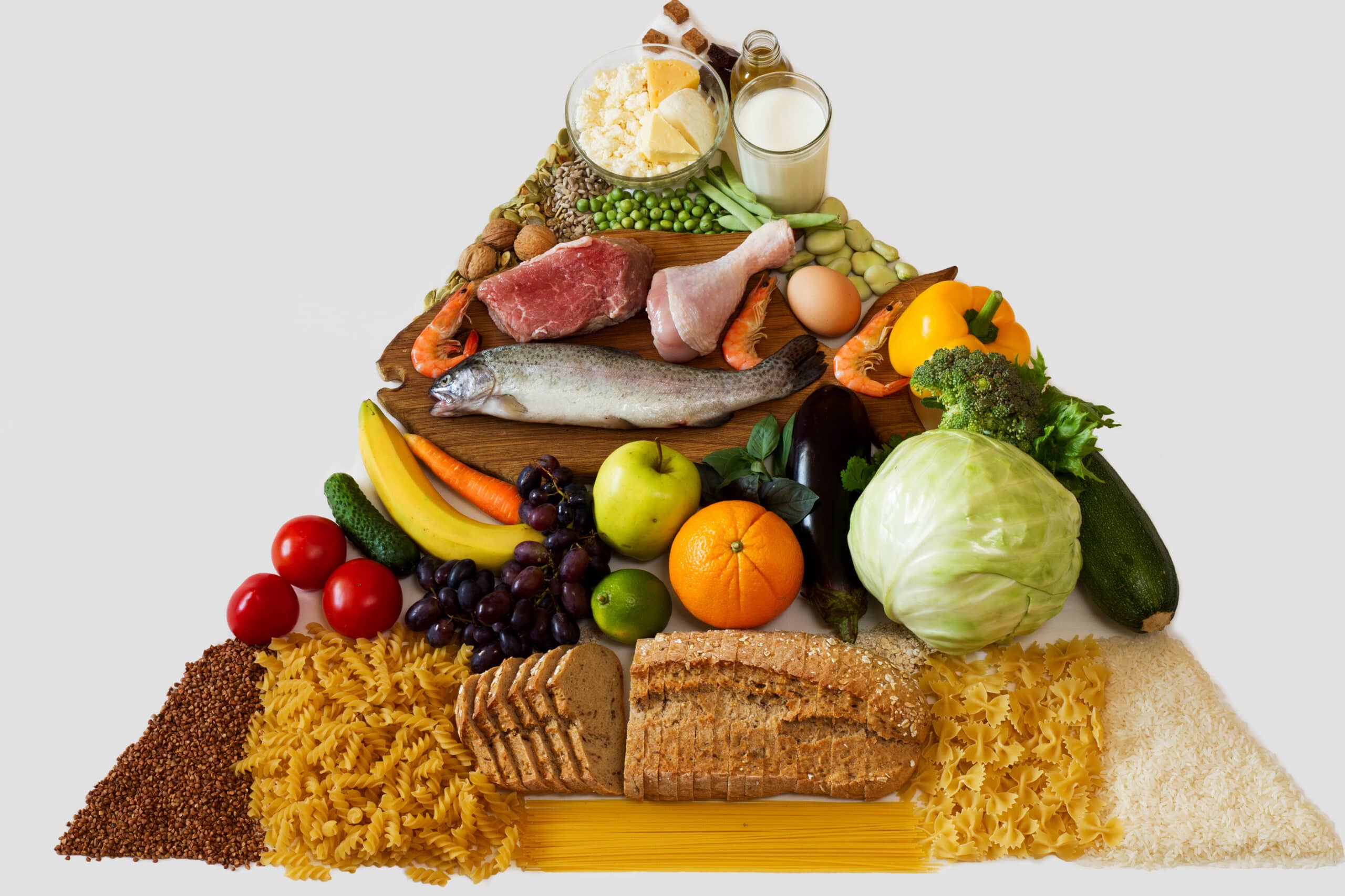Food conversations can have profound impacts on public health and the environment, as such science tries to stay updated on these critical topics, starting from farm to fork what we put into our bodies matters.
Don’t think about fad diets as they never work and in the long run you regain what you have lost plus a bit extra, science can help and there is more in agreement about diet and health than you may be aware of. The Dietary Guideline for Americans has concluded that a plant based diet is best for human health as well as the environment; over 75% of your meal should consist of fruits, vegetables, whole grains, and protein sources should include nuts, seeds, peas, and beans.
Harvard’s Healthy Eating Plate and Canada’s Food Guide also recommends a similar plant focussed diet; and Brazil recommends foods mainly of plant origin. Most guidelines stress the importance of limiting processed and ultra-processed foods.
The consensus from the Food and Agriculture Organization of the United Nations and many others is that plant based diets are far more sustainable due to the high energy inputs and environmental damage that goes into livestock.
Plant based diets are not a fad, in fact it has been studied for many years and it addresses a few public health challenges including the chronic disease epidemic and climate change. As far as the environment and human health goes plant based diets are a win-win: they are sustainable; and can be adapted to suit taste preferences, traditions and cultures such as Blue Zones which are regions where people typically live longer with fewer chronic diseases.
Studies indicate that plant based diets are the way to go to promote a longer and healthier life. Since science is showing time and time again that it has the keys to unlocking a health promoting, disease preventing, and planet saving diet why are people so confused?
The answer may be that there is money to be made in the confusion, such as celebrity endorsed junk science who may even be cloaked in scrubs to promote their quackery. Celebrities most often have massive platforms and can use smoke and mirrors to cloud the truth. Is science losing the battle to celebrity status, to most it would look that way.
However it’s not just celebrities that can sway the general public, a quick check at the list of top 100 influencers will show that some are bloggers and athletes that also have no expertise. Health Feedback conducted a study with the Credibility Coalition and found that only a small amount of articles got positive ratings with accurate content, while the best ratings were with those that “exaggerating the benefits and harms of various foods.”
Modern physicians actually have very little training in nutrition.Traditional media doesn’t always help to shed accurate light either with it’s single study sensationalism. Even science journalism has taken a few hits. Mixed in with the array of bogus dietary advice and trumped up media hype hides an underlying of science denialism that tries to legitimize anti-science and science illiteracy.
Estimates are that 57% of Americans have never looked or seen the dietary illustrations from the US Department of Agriculture, and they know very little about it; 63% of Americans report that the My Plate illustration is hard to recognize as a sustainable choice; 11% claim that identifying healthy food is difficult, and 61% said it was moderately difficult. 48% look at the food packages for guidance, and while some labels are meaningful most are little more than marketing as it is apparent that powerful food and agriculture lobbies still exert influence on dietary guidelines and obscure the actual science.
To some the nutrition science community has even contributed to the illiteracy by failing to collectively participate in the public discourse, and by not defending their discipline when attack adequately enough.
Society powers have created much confusion that hides the truth about diet and undermines much of science as a whole. But there is hope, there are steps one can take to help would be healthy eater navigate the smoke and mirrors.
Ask critical questions when shown diet news, is it based on expertise science, are there credible references to legitimate studies or scientific organizations? Is there a promise of a magic bullet or miracle cure, does it sound like clickbait?
What you see on your newsfeed comes via algorithms that enables news that is filtered by echo chambers which can elicit information that confirms bias whether it be factual or not. If you are curious about what you are eating and why it is important this most likely may mean that you need to leave this comfort zone and unlearn what you have already learned.
Nutrition really isn’t confusing. Everyone has traditions and values, not everything is about science. Learning the fundamentals of food and nutrition facts may inspire you to harness the power of food to promote health, to prevent disease, and to help protect the planet we live on. Change is possible, the truth is out there for those that seek it, science is your friend and it has shown time after time food is medicine; 80% of chronic disease are preventable via simple modifiable lifestyle changes of which diet is the largest contributing factor.




